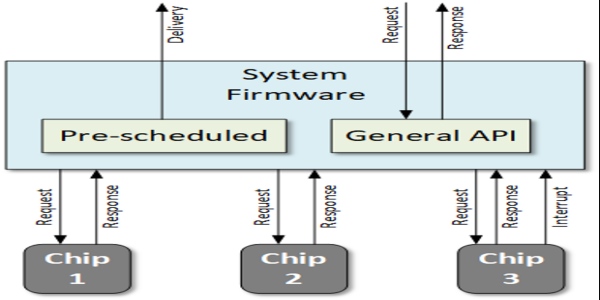Who owns what chips know about THEMSELVES?
Our chips have complex lives, but nobody knows who could know them.

Many of today’s chips are so powerful that they can generate, store and provide lots of data about their own internal conditions. Those data are very valuable for the actual producers of those chips, who can use them to monitor their quality and then advertise it.
For the same reasons, those data are very useful for the distributors of the chips, and for all the manufacturers who integrate them in their own products, from game consoles to tractors.
Those data are jealously protected, because they can leak trade secrets, patent details or even lack of reliability of some companies. If, for example, the comparison of data taken from the same chip right after fabrication, and then again, one month later, in some reseller’s warehouse, shows that some part of the chip is already damaged, where did that happen? In the factory, in the warehouse, or in the middle?
All this is as interesting as it is unmanageable, at least potentially. As explained here, nobody really knows who should own the data generated by these chips, nor how they should be regulated. In the example above, who owns the dataset created in the warehouse? The reseller company, because it was collected on their premises? Or the manufacturer? Oh, and what if a product includes different chips from different manufacturers, each interacting with all the others?
Nobody knows. It’s all gloriously unregulated because, apparently, nobody ever thought seriously in advance. It’s fun, really. In theory.
Who writes this, why, and how to help
I am Marco Fioretti, tech writer and aspiring polymath doing human-digital research and popularization.
I do it because YOUR civil rights and the quality of YOUR life depend every year more on how software is used AROUND you.
To this end, I have already shared more than a million words on this blog, without any paywall or user tracking, and am sharing the next million through a newsletter, also without any paywall.
The more direct support I get, the more I can continue to inform for free parents, teachers, decision makers, and everybody else who should know more stuff like this. You can support me with paid subscriptions to my newsletter, donations via PayPal (mfioretti@nexaima.net) or LiberaPay, or in any of the other ways listed here.THANKS for your support!